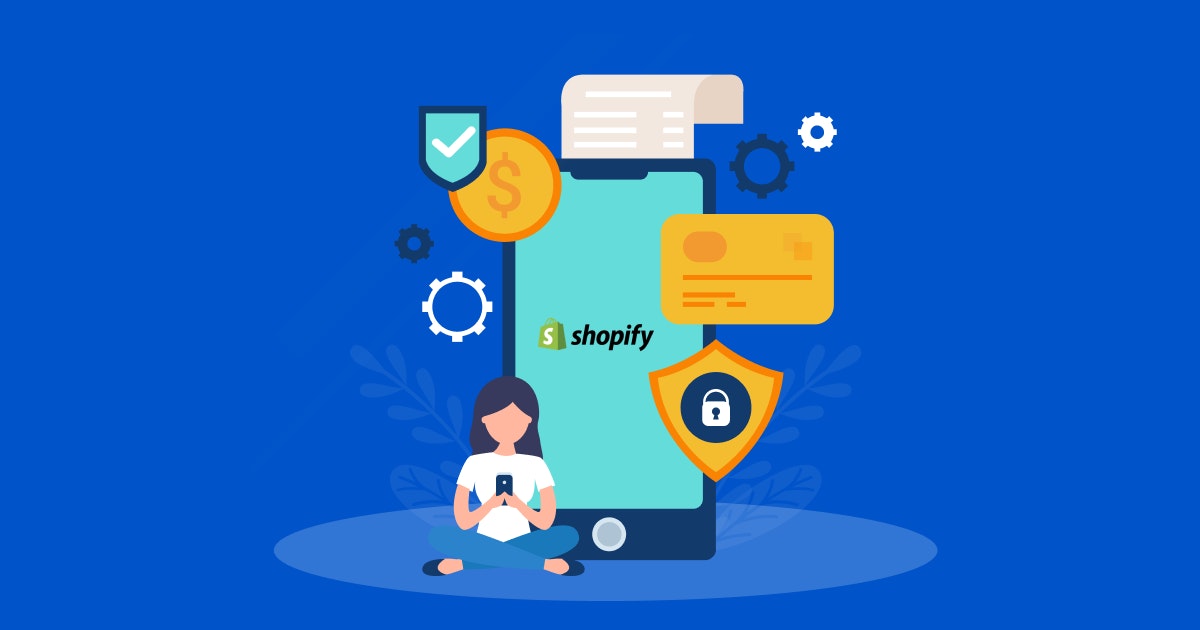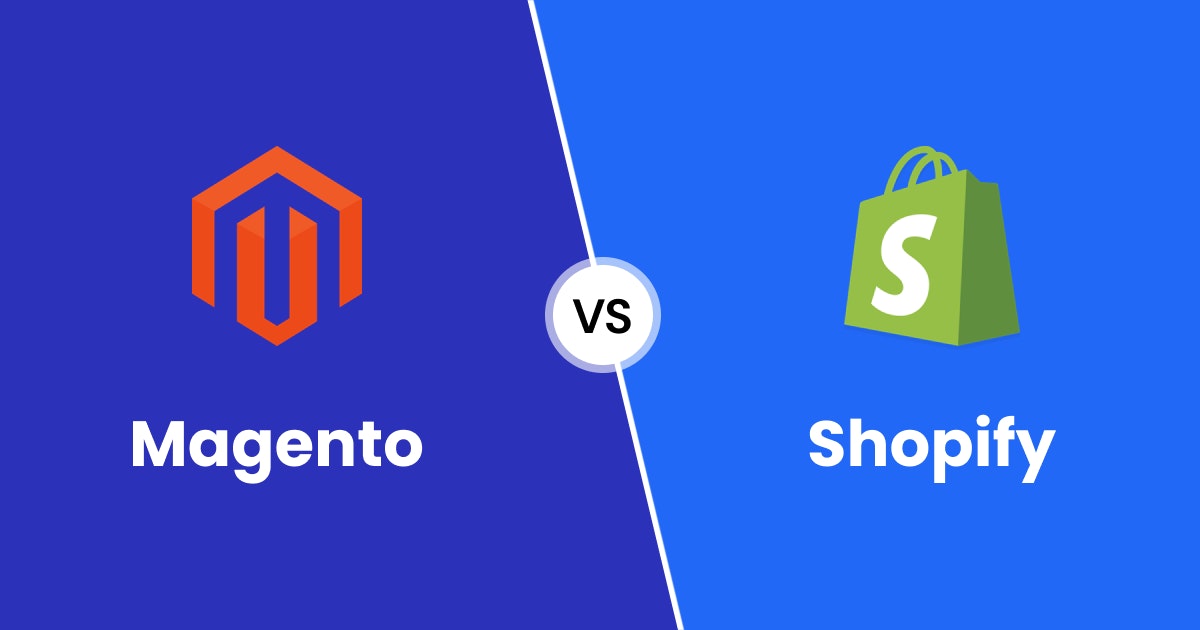Table of Content
Even before the pandemic upended our world, eCommerce was a booming industry. As of today, it has made considerable progress - with online shopping becoming second skin to us due to extended lockdowns and increased social distancing.
Even when things are more or less back to normal, eCommerce is well on its way to redefining the shopping experience by providing convenience and accessibility. Consumers can buy what they want from across the globe with just a click. That is how great eCommerce is!
On top of that, retail eCommerce sales across the globe are forecasted to reach $7.4 trillion by 2025. Out of this, mobile commerce sales are expected to reach $728.28 billion in the US alone. These figures show now is the right time to plan your eCommerce business strategy.
There is demand across all sectors - be it healthcare, oil and gas, automotive, manufacturing, technology, fintech, or hospitality. Even shopping for crop seeds is not an outrageous thought anymore. It is happening now!
So, if you have decided to start your own eCommerce business, that is great! The process begins with you identifying the suitable eCommerce business model for your business and finding ways to monetize it efficiently and effectively.
In this article, we will understand the different types of eCommerce websites suitable for different business models:
Different types of eCommerce business models
One of the most critical decisions you will ever make when starting your own online business is selecting a favorable eCommerce model. There are four main categories of eCommerce businesses. And each option has its unique pros and cons depending upon the product or service you ultimately want to sell. Let us study them in detail:
1. Business-to-Business (B2B)
The B2B eCommerce market is a well-structured platform where businesses sell products to other companies. The types of goods offered help companies enhance their performance and customer experience.
These products usually make life easier for their employees. Enterprise software such as Salesforce, HubSpot, and SurveyMonkey are good examples of B2B platforms.
Regarding eCommerce, ACME, a major tare and packaging provider, Firerock, a supplier for construction materials, and Blake, a postal packaging service provider, are solid examples.
2. Business-to-Consumer (B2C)
The B2C eCommerce model involves a company selling its products directly to consumers. The end-users of the items can place an order online - via a desktop or through a mobile device.
These online retailers have become an integral part of the shopping experience and have helped many businesses (such as the local groceries) sail through the pandemic. B2C eCommerce companies allow consumers to buy things from any corner of this world with just a few clicks.
The top B2C eCommerce companies are giants such as Amazon, eBay, and Alibaba, where multiple sellers come together with their products. However, others have both a website and a physical location. These include popular retailers like H&M, Nike, and Nordstrom.
3. Consumer-to-Consumer (C2C)
The business model of a consumer-to-consumer transaction is when the original buyer can then sell their product or service to another person. The consumer may use a platform like Amazon, Etsy, or eBay to sell products to another consumer. Consumers can run a C2C business via their website using online eCommerce site builders such as Shopify and WordPress.
4. Consumer-to-Business (C2B)
Another type of eCommerce business model is C2B, where consumers sell their products or services to other businesses directly. This is where the tables turn.
You could have anyone, say, a business consultant, freelance graphic designer, content creator, or a social media influencer selling their services online - via social media channels. Or, they could also go for eCommerce website development and create a site on their own.
Websites such as freelancer.in, Fiverr and Upwork are some excellent examples. These platforms empower consumers to engage businesses through the use of their expertise.
Different types of eCommerce websites
An online presence drives the growth of any business in this day and age, which is why it makes sense for websites in general to be a necessary component. The type of website suitable for your eCommerce business varies on many factors. Let us take a look at the different types:
1. Single brand websites
A single brand website could refer to a personal or business website that sells products or services provided only by one company or person.
This might seem like the most common type of web design for new eCommerce stores - wherein there is little scope for joining hands with our vendors. Such a site has a distinct look and feel of a brand that reflects its personality.
This would be the first website that most companies create to establish their online presence among the intended audience. It comes with beginner-friendly features such as customer reviews or product tags, with detailed descriptions of each item.
2. Online retail shops
The next type of eCommerce website you might see is suitable for online retailers. These e-stores are larger in size, and they typically sell another brand's products.
These websites have expansive customer bases and sell goods from multiple vendors, often due to their ability to offer lower product prices than most brick-and-mortar locations. For example, a brand might have its own website while also selling through an online retailer.
They may even offer a discount considering the high sales volume through the online retailer. These websites are equipped with a built-in filter to help you find products according to rates, popularity, and brands. Allbirds, Misguided, and Zappos are fantastic examples in this case.
3. Affiliate websites
Another way to make money with an eCommerce business is by setting up an affiliate site. With this, you can promote other brands' products and get paid for them through commission or flat fees, depending on their affiliate program.
If you build a website and attract many engaged followers, setting up an affiliate site can be an effective way to generate revenue repeatedly.
4. Marketplaces
Marketplace websites offer an incredible and lucrative way for you to make your products more accessible and profitable. They allow individual entrepreneurs the opportunity to list their goods for sale on an online platform.
Marketplaces provide customers access to historically high-demand items and new creative items from multiple vendors in different niches.
This eCommerce business model helps increase brand awareness among the target audience. Think "marketplace," and it is hard not to think of Amazon, Etsy, or Alibaba first that have, with time, become famous for online shopping.
These multi-vendor sites offer products from a wide variety of domains. Companies with unique products or services can set up a niche online marketplace where their customers can shop conveniently and hassle-free!
Ecommerce offers many opportunities to grow for companies that want to use the internet for exporting their products. Following a few steps are necessary to enrich your company's website with eCommerce capabilities.
Most marketing executives in US firms are aware of the characteristics that make a website eCommerce compatible. They are:
5. Transactional sites
Such sites act as electronic storefronts or digital stores for brick-and-mortar retailers. Catalog businesses such as Walmart or certain automotive manufacturers can use these stores as online showrooms to display and sell their products online. This type of website can either be hosted or on-premise. A transactional website:
Acts as a one-stop-shop for all your product needs
Enables customers to search, order, and pay online with any device
Performs end-to-end transactions via the website, including offering after-sales service
The integration of back-office systems allows companies to use transactional websites to improve their efficiency. The model seamlessly integrates accounting, inventory management, marketing, and customer service processes. Transactional sites can streamline business processes and make them more efficient, ultimately saving time for you.
6. Static content sites
These eCommerce websites work as brochures to promote corporate awareness and generate sales through information sharing. They provide information on products or services along with the seller's contact details.
Static content websites suit companies with products or services that cannot be sold online, like a car dealership. Customers who wish to purchase their offerings can go through the details online. The content on these websites must be strategically planned and written as it acts as advertisements to generate sales.
A brochure-like feature allows website visitors to access the information right away without requiring any software system, which makes maintenance of such sites much easier.
Static content sites are often cheaper than other traditional websites as they do not require to be constantly updated with new information about product features.
Besides, some websites like that of authorized dealers of Honda America include an online shopping feature that allows customers to compare rates between competing vendors. The type of experience you plan to give your intended audience drives the design of such a site.
7. Auction websites
These are typically platforms that bring buyers and sellers together to facilitate transactions. Sellers can efficiently find customers by participating in an online marketplace. They save the cost and effort of building a transactional website and use the prebuilt auctioning or eCommerce software instead.
Online marketplaces perform efficiently, whether the product is local or international. Several examples of these websites include eBay for auctions, Etsy as an online art gallery and handicraft store, Amazon for retailers, and Alibaba for wholesalers.
These websites manage the end-to-end transaction process - from ordering, shipping, payment gateways, and order fulfillment, allowing the sellers to sell and buyers to buy easily.
A Guide On Building A Multi-Vendor eCommerce Website & App
Learn MoreExamples of popular online marketplaces
Choosing an appropriate eCommerce marketplace is a tedious task in hand, especially if you are new to the game. There are many factors to consider, and taking inspiration from already well-known marketplaces can help manifold. Do not worry - we have done our homework. Here is a list of five marketplaces that are acing the eCommerce model:
1. Amazon
An online marketplace, it offers an excellent way for all types of businesses looking to sell their products on the internet. With many monthly plans, strict rules, and features available, this platform will help you get started with your online store in no time.
2. Buy.com
This is an expensive online marketplace that has been around since the 90s. It is now a part of a more prominent company called Rakuten.com and generates a lot of transactions daily. Ecommerce stores pay Rakuten a commission for sending customers their way. The same commission is shared with the buying customer with a cashback.
3. eBay
This has been around for a very long time and is an exciting platform to get all your favorite products in one place. They also own the popular payment services platform PayPal and an on-premise eCommerce platform solution by Magento. Their subscription rates vary by plan, but it is generally affordable for new businesses.
4. Etsy
If you ever want to purchase something that has come straight from an artistic individual, you have to check out Etsy. It is, after all, among the largest online marketplaces for niche products such as handmade cutlery and vintage jewelry items. The website is perfect for artisans or craftsmen who want to sell unique products without any hassle.
5. Shoply.com
It is a free marketplace that connects sellers and buyers without additional costs. It is designed to make setting up an online store easier for small business owners like you and help you grow your revenue while providing a fantastic customer experience.
Over to you
The rise in the eCommerce industry is genuinely unparalleled as more people are adopting online shopping. They appreciate the ease and convenience that eCommerce stores offer. The opportunities and consumer interest make it a great time to start your eCommerce business.
You must start with identifying an appropriate business model, and once you know what kind of store would work best for selling your goods, get on with building a robust e-store.
In case you wish to register in a marketplace, ensure your goods fall in the domain the marketplace specializes in. This is a necessary step, as listing in the right marketplace will help you attract a wider audience and land more qualified leads.
And suppose you want to develop a presence from scratch. In that case, you can always count on an eCommerce web development company like Intuz and have worked on multiple projects for businesses across domains. Reach out to us with your requirements.




